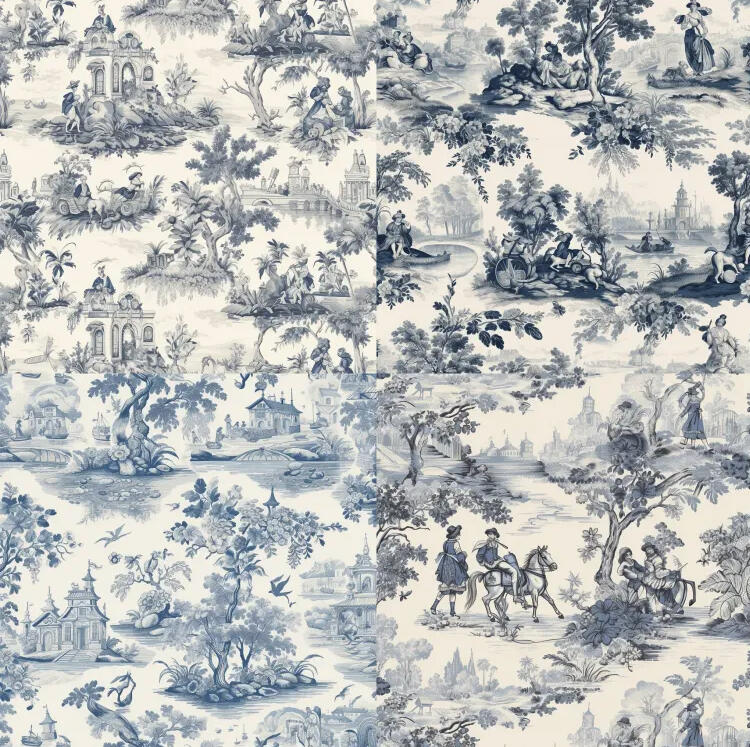The AI boom has arrived. Every day, tools like ChatGPT and Midjourney make startling leaps forward, achieving previously unthinkable results. Artificial intelligence can now pass the bar exam, write poetry and generate photorealistic imagery. Along with every other sector, AI is creeping into the home world, as designers, brands and consumers acquaint themselves with these powerful new tools.
How will all of this digital magic change the design industry? In the long term, it’s very hard to predict—the most dramatic futurists say that artificial intelligence will one day replace or augment the vast majority of human labor. Given the current pace of AI advancement, that feels less crazy than it once did. If it comes to pass, let’s hope the future is more Star Trek than Terminator 2.
But looking that far ahead is more of a philosophical exercise than a practical one. In the short term, it’s possible to make some guesses about how AI will impact the design industry. Here are seven of them.
1. Renderings will lose their luster
For the past few years, hyper-realistic renderings have become an invaluable sales tool for designers. Renderings will still matter—they’ll help clients visualize a finished room—but AI will make them so common and easy to generate that they’ll lose much of their capability to surprise and delight.
2. Retailers will ditch designers for AI
Retailers of all stripes have embraced a version of design services—whether that’s an in-store staff or a remote design team working over Zoom—to help move product. Once AI design tools are capable of giving customers a “good enough” experience, many retailers will look to replace at least some of their design staff (mostly remote teams) with artificial intelligence.
3. E-designers should be worried
A general rule of thumb with AI: If you can do your job entirely on a computer, it’s in danger of being replaced. Great e-designers manage to make a real connection with their clients without ever meeting them in person—a skill they should look to cultivate. If your business revolves primarily around generating renderings and a shoppable list of links, AI is coming for you.
4. The value proposition of design will change
Designers have long understood that an artful design concept is only a small portion of what makes a project successful and profitable—it’s the sizzle that sells the steak. The rise of AI will make that implicit truth explicit. Once the average consumer has access to free tools that can generate a decent design scheme for a space on their own, designers will end up focusing more on their ability to provide an elevated, stress-free experience, not just a pretty room.
5. Barriers to entry will change
Using a combination of renderings and reposts, you can already launch a design business on social media without ever having a real client or project today. Likewise, by tapping outside help, anyone can design a fabric line. AI tools will simply make those endeavors cheaper and easier.

6. Designers will be more human on social media
For the past decade, many designers have been able to grow their reach—and consequently, their business—simply by consistently posting beautiful imagery on social media. Great content will still matter, but as AI tools make images of attractive rooms feel commoditized, it will be harder to stand out with a pretty still alone. That fact dovetails perfectly with the social platforms’ push away from static images and toward video content. Designers who want to pop on social will increasingly put themselves front and center.
7. The industry will prove AI-resilient
The incredible pace of AI advancement is scary. But designers should take comfort in the fact that the very things that make the profession so challenging—mold hiding behind kitchen walls, late contractors, damages, delays and emotional meltdowns—make it resistant to replacement by artificial intelligence. Much of the planning for a design project can happen on a computer. Making it happen in the real world cannot.
Homepage image: A midcentury modern rendering by Midjourney | Courtesy of Midjourney





























